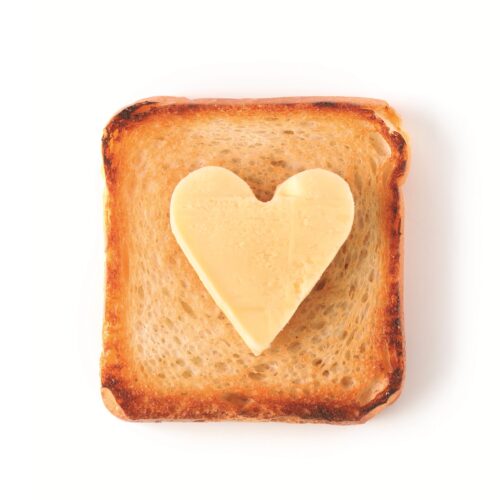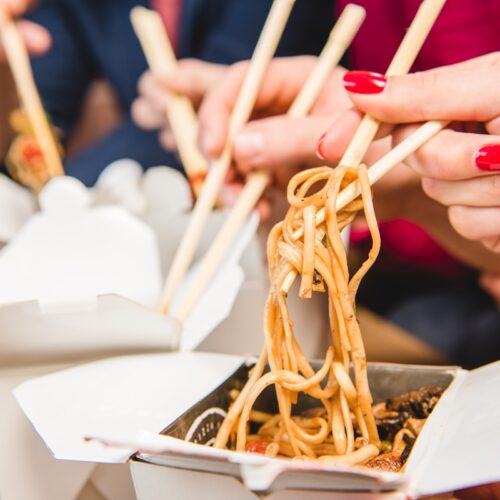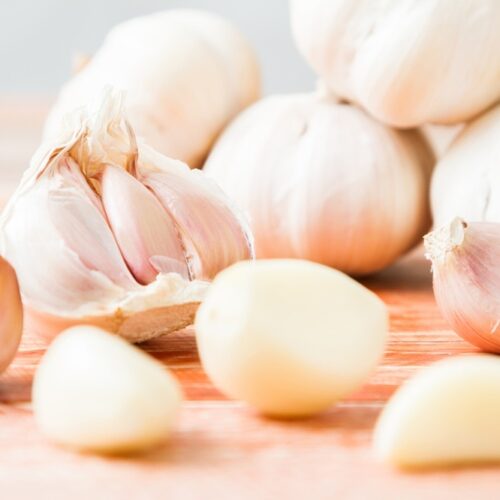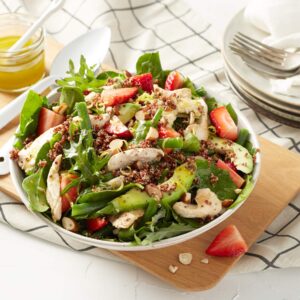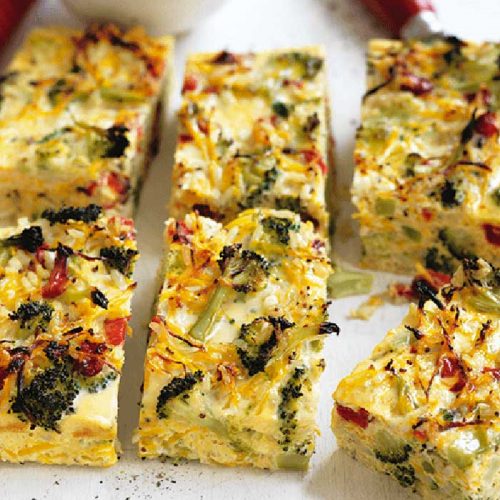
Are the foods you’re eating complementing your exercise efforts? HFG nutritionist Claire Turnbull looks at the food mistakes exercisers can make and what (foods) it takes to get the most out of all that hard work.
1. ‘Treating yourself’ after a workout
After you’ve finished your game of netball, a gym class or a run, it’s tempting to want to reward yourself for your hard work and have that extra glass of wine or a chocolate treat. The problem here is that you can end up using exercise to compensate for unhealthy habits. You may end up having far more extra kilojoules in ‘treats or rewards’ than you have burnt off during exercise.
Instead, avoid using food or alcohol as a treat or a reward for doing exercise. At the end of a month of good workouts, book yourself a massage, get your nails done or head out for a nice healthy lunch with a friend. Don’t think you can afford to have an extra glass of wine every night because you have been for a walk.
2. Eating just before exercise
If it’s your routine to eat a snack before you head out for a run, walk, sports game or whatever it is you enjoy, it’s best to eat at least 30 minutes before you go. This will allow time for the food to be digested and for the nutrients to get into your blood stream and be ready to be used as fuel for your muscles. If you eat straight before you go, the food will still be in your stomach and it will not be ready to be used by your muscles. If you have a full meal, you would be best to leave it a bit longer given that there is more food to be digested and broken down. The exact timings will depend on the type of food and the amount eaten.
3. Drinking a sports drink when you don’t need it
Sports drinks are readily available and increasingly popular. The problem is, there are lots of people drinking them who don’t need to. Sport drinks can have up to 14 teaspoons of sugar per bottle and as many kilojoules as a chocolate bar so are best not consumed unless you really need them. For example, sports drinks are helpful for athletes who do a lot of training at high intensity or for those who are doing intense training longer than 60-90 minutes. If you are a recreational exerciser doing a few workouts a week trying to lose or maintain your weight, sport drinks probably aren’t for you.
Instead, go for water: perfectly fine for the less-than-90-minutes recreational exerciser.
4. Eating in the morning before exercising when you don’t really need to
If you exercise in the morning, you don’t have to eat something beforehand if you are only exercising for about an hour at moderate intensity — particularly if your goal is weight-loss. You will have enough stored carbohydrate (glycogen) to fuel you through a workout of this length. If you do exercise in the morning, however, it is important to have a carbohydrate-rich meal or snack as soon as possible after finishing your workout to replenish your glycogen stores so you are ready for your next day of exercise.
If you find you are able to push yourself harder and have a better workout when you have had something to eat before exercise, that is totally fine. Listen to your body! A banana, low-fat yoghurt or glass of trim milk can work well at least 30 minutes before you start exercising. Be mindful that if you are watching your weight, this snack will need to be considered as part of your total kilojoule allowance for the day.
5. Only having protein after a workout
Protein is important to help your muscles to repair and recover after exercise. But having protein on its own, although it may seem the ‘in’ thing to do, isn’t ideal in a lot of cases. If you have been doing a cardio workout like a run, spin class, playing sport or you have been to the gym and done some cardio and some weights, your meal or snack after exercise ideally needs to have both carbohydrate and protein. This helps your body to recover and repair effectively. It is ideal if this is within half an hour of finishing training.
Great recovery snacks include smoothies such as berries blended with trim milk and low-fat yoghurt with a squeeze of honey, or a banana and glass of trim milk. For something more substantial, try a sandwich, wrap or pita bread with tuna, chicken or egg and salad.
If you are doing high-intensity training, you are best to speak to a sports nutritionist or dietitian for individualised advice on nutrition for optimal recovery as it may vary depending on the type and amount of training you do.
www.healthyfood.com



